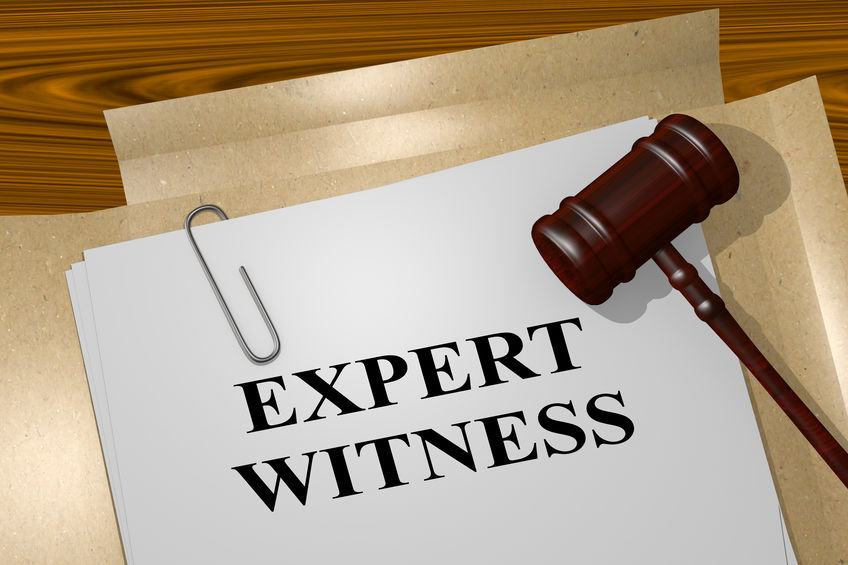PwC (formerly known as PricewaterhouseCoopers) recently released findings of a 20-year study on Daubert challenges affecting financial expert witness testimonies. About 45% of financial expert witness testimonies have been excluded or partially excluded under the current standards, with accountants and CPAs being among the most frequently challenged financial experts.
How do you ensure your financial expert witness passes the test? Let’s take a look at what PwC uncovered:
In 1999, a key Supreme Court decision solidified the Daubert challenge as the most applicable way to address expert testimony admissibility in federal trials, including financial expert witness testimony. Since then, PwC has analyzed 2,842 financial expert challenges using Daubert criteria. As we stated above, about 45% of financial expert witness testimonies have been excluded or partially excluded under the current standards. Accountants and CPAs are among the most frequently challenged experts.
Twice as many plaintiff-side financial expert witnesses (67%) experience Daubert challenges as defendant-side financial experts (33%). However, the expert testimony excluded because of these challenges is nearly equal between plaintiff and defendant-side experts.
The top reason for financial expert witness testimony exclusion is lack of reliability, either on its own or in combination with other factors. The second most common reason? The testimony was not considered relevant to the case. These challenges are most common among the following cases:
- Breach of contract or fiduciary duty
- Securities litigation
- Fraud
- Intellectual property
- Bankruptcy
- Antitrust matters
Endless hours and expenses can be poured into a financial expert witness testimony. It’s essential to vet your experts from the start to prevent the testimony from being thrown out after so many resources have been poured into it.
Our own Steven Bankler offers more insights in his report on Whitewater, Two Decades Later. Steven was the sole investigative accountant for the Senate’s Special Committee to Investigate Whitewater Development Corporation and Related Matters (the Whitewater case).
“One could say that the Whitewater investigation presented a ‘trial by fire’ test of my Daubert prowess, since the standard was still in its infancy,” he recalls, adding that these days, there is no excuse not to be prepared. “I recommend challenging your own methodology to the Daubert standard, even when no one else is. In a heated proceeding like Whitewater, every fact is scrutinized.”
As time marches on, the Daubert challenge is still widely used even though it remains relatively broad. It is worked into the Federal Rules of Evidence (FRE) Rule 702, which states that a witness who is qualified as an expert by knowledge, skill, experience, training, or education may testify in the form of an opinion or otherwise if:
- the expert’s scientific, technical, or other specialized knowledge will help the trier of fact to understand the evidence or to determine a fact in issue;
- the testimony is based on sufficient facts or data;
- the testimony is the product of reliable principles and methods; and
- the expert has reliably applied the principles and methods to the facts of the case.
There’s been some movement to amend FRE 702 to address misuse, particularly when it comes to “questions of weight.” There’s also been concern around pressuring juries to rule out expert witness testimonies at trial when they don’t have the briefs, reports, depositions and studies in front of them that a judge would have. So far, those amendments haven’t been approved, and we continue to rely on a good faith use of “best practices.” All the more reason to thoroughly vet your financial expert witness long before they step into the courtroom. For questions, feel free to contact us.


